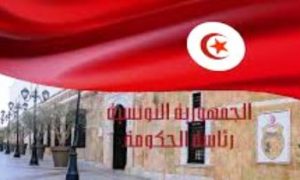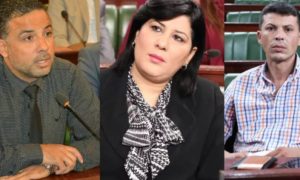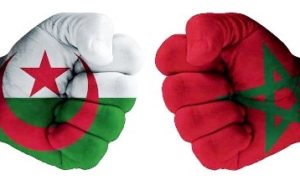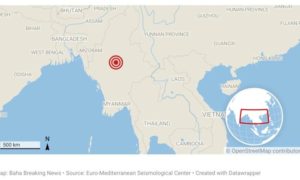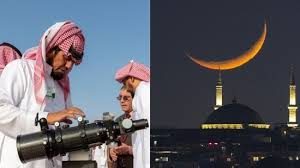The Ambassador of the European Union to Tunisia, Marcos Cornaro, discussed, today, Friday, July 5, 2024, the most important interventions of the EU in Tunisia and the agreements inked, in various fields and sectors, in particular those related to renewable energies and small and medium-sized businesses. .
Cornaro clarified during a radio broadcast that 80 percent of foreign investments in Tunisia come from the European Union and that despite the challenging political and economic situation that Tunisia has encountered in recent years, the figures are positive.
Concerning the trade balance and investments, Cornaro emphasised that the European Union remains open to more collaboration and to dealing with Tunisia to develop and improve the current framework.
He recalled that Tunisia has posted a substantial trade surplus with the European Union in recent years, amounting to more than 2 billion euros.
The European Union Ambassador stressed the necessity to focus on job creation and investing in Tunisian youth, paying attention to the area of innovation and development, and also working on the development of the banking system by facilitating access to funding, whether through financing or technical assistance provided by the Union, in addition to the loans and grants granted.
He explained that political ties between Tunisia and the European Union have been stable over the past four years, highlighting the changes that happened in Tunisia (change of the constitution), where the Union reacted with great understanding.
He also discussed the events in Gaza and their impact on the image of the European Union in Tunisia, highlighting the importance that Tunisia attaches to the question of national sovereignty and independence and to its relations with the Union, “which considers Tunisia as an important partner country”, and is keen to pay attention to the communication aspect to avoid misunderstandings between the two parties.
Cornaro said: “We regret that we cannot enforce certain points,” referring to the free trade agreement “CAFTA”, which he said was “misunderstood or negotiated by both parties, but it remains for Tunisia to update it.”
He emphasised that the exit from crises and financial problems for Tunisia would require a more dynamic economic recovery, underscoring that the European Union “will spare no effort in this context”.
He also felt that the European Union is still witnessing several changes, particularly after the recent elections, “where democracy is being tested within this group”, as he put it.
Cornaro mentioned the points which would make it possible to advance relations between Tunisia and the European Union, in particular the communication aspect, wishing that media openness continues, underlining, on the other hand, the need to grant the greatest importance to youth.
He also disclosed that the Italian Giuseppe Peroni will succeed him as ambassador of the European Union from September 1.
What's happening in Tunisia?
Subscribe to our Youtube channel for updates.





